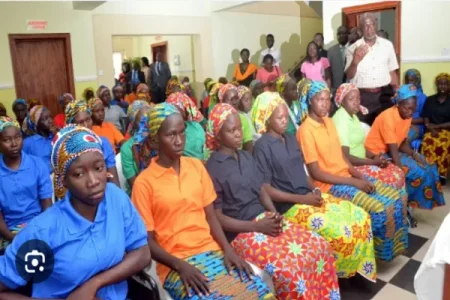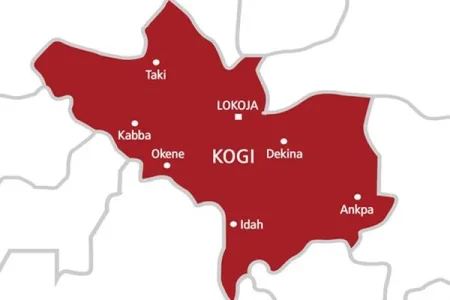
A decade after the infamous abduction of 276 schoolgirls from Chibok secondary school in Nigeria by Boko Haram insurgents, a harrowing Amnesty International report sheds light on alarming allegations. Since that tragic event in April 2014, at least 1,700 children have been abducted in mass school raids, with 17 recorded incidents of such abductions. Shockingly, 20 of the recently rescued Chibok girls have allegedly been coerced into marriages with former Boko Haram fighters.
Amnesty International has condemned the Nigerian government's perceived lack of effective action in preventing such attacks on schools. Isa Sanusi, Director of Amnesty International Nigeria, expressed dismay over the apparent absence of lessons learned from the Chibok abduction, pointing out the ongoing vulnerability of schools to attacks.
Despite the launch of initiatives like the Safe Schools Initiative following the Chibok abductions, bureaucratic hurdles and corruption allegations have hindered their implementation. Consequently, numerous schools in northern states have been closed indefinitely, disrupting the education of thousands of children.
Investigations by Amnesty International have uncovered the enduring impact of the 2014 abductions on education in Chibok and neighboring areas. Although the Government Girls Secondary School Chibok was rebuilt after being razed by Boko Haram, fear still grips parents, deterring them from sending their children to school.
The most appalling revelation in the report pertains to the forced marriages of rescued Chibok girls to former Boko Haram fighters. Allegations suggest that the Borno state government facilitated these marriages as part of its conflict recovery program. Parents of the girls involved have expressed fear of repercussions but have confirmed the forced marriages to Amnesty International.
Isa Sanusi condemned these forced marriages as a callous attempt to appease Boko Haram with utter disregard for the rights and well-being of the girls. Meanwhile, the parents of girls still held captive by Boko Haram lament the lack of government action and information regarding efforts for their release.
Amnesty International calls on the Nigerian government to intensify efforts for the safe release of all abducted individuals, particularly the remaining 82 Chibok girls. They emphasize the importance of protecting schools and prioritizing the rehabilitation of girls who have escaped or been rescued from Boko Haram.
As the nation reflects on the 10th anniversary of the Chibok abduction, the Nigerian government faces mounting pressure to fulfill its obligations to safeguard children and uphold human rights. Amnesty International's forthcoming report promises to document further atrocities and violations committed against girls associated with Boko Haram, underscoring the urgent need for action and accountability.




